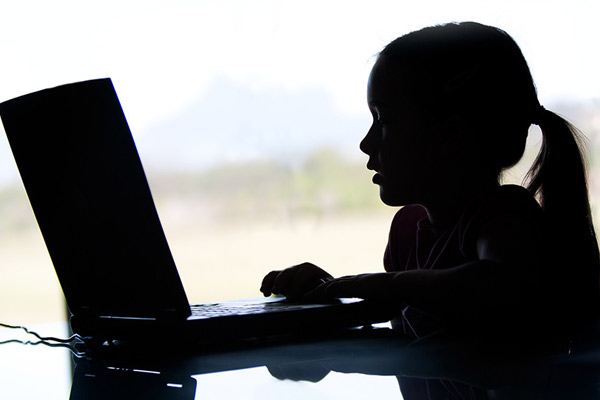advertisement
Increased mobile phone penetration, internet access key drivers to Online Child Sexual Exploitation
Increased mobile phone penetration and internet access have given rise to a set of conditions that have made children more…

Increased mobile phone penetration and internet access have given rise to a set of conditions that have made children more vulnerable to Online Child Sexual Exploitation (OCSE) which is the broad phenomenon of the use of the Internet to exploit children sexually.
This is according to a study released by Terre des Hommes Netherlands, a Dutch child rights organisation with a base in Kenya and operations in the East African region.
Dubbed as ‘The Dark Side of the Internet for Children – Online Sexual Exploitation in Kenya’, the research study suggests that children are involved in live streaming of sexual acts, which takes place in private residences as well as through the unregulated Cybercafé industry.
advertisement
The study also revealed that the most used form of OCSE is conducted via the internet where adults offer payment or other forms of rewards to view, and in many cases, direct live-stream video footage of children performing sexual acts in front of a webcam or cellphone camera.
Speaking at the launch, Kenya Film and Classifications Board CEO, Dr. Ezekiel Mutua said, “The Kenya Film Classification Board is honored and delighted to work with other institutions to ensure that the bad guys do not impair or distort the moral perspectives of our children Online child sexual exploitation is a deadly disease if left unchecked, team effort by both parents and content regulators, together we shall win this war. We need to keep our kids safe from adult content .18+ content shouldn’t be for under 18.”
Mutua also added that the Board sensitizes the public and the youth on the dangers of consuming harmful film and broadcast content under the Media Literacy Program dubbed: You are What You Consume.
advertisement
“Technology is a double aged sword and our children must be empowered with the right information to manage their interactions on the net. The worst form of exploitation of children is misinformation and we must all work together to keep our children safe from misleading information,” added Mutua.
Further to this Mutua said that, the danger of digital technology is that your children can be abused in your presence. We have focused so much on the hardware and forgot the soft ware, we have neglected to focus on our children, research shows if children are exposed to violence, they are more likely to be violent.
On the other hand, Terre des Hommes Country Manager Angela Nyamu said that the rapid development in internet and technology coupled with cheap smartphones and tablets mean that more Kenyans are digitally connected.
advertisement
“Unfortunately, the digitally advanced environment represents a double-edged sword, children from poor and marginalised communities are especially vulnerable to commercial sexual exploitation, including online child sexual exploitation,” she said.
Nyamu also said that as technology advances, mobile phone penetration rises, and handsets become more and more affordable, therefore there is a strong need to investigate and better understand the state of online child sexual exploitation in East Africa.
The report is key in augmenting discussion relating to OCSE in the Kenya Computer and Cybercrimes Bill of 2017 currently before the National Assembly.
The report also revealed that some cybercafés in Kenya provide private back rooms that are not restricted and anyone, including children, can enter as long as they can pay.
According to the FBI, there are an estimated 750,000 individuals looking to connect with children across the globe for sexual purposes online at any moment. This has also given rise to a specific phenomenon known as live Online Child Sexual Exploitation.
Terre des Hommes Netherlands has conducted this preliminary study to examine if there is evidence of OCSE in Kenya and the report is a first step in better understanding. This the subject and ultimately addressing online child sexual exploitation in the region; Kenya being a regional hub was picked as the maiden country.